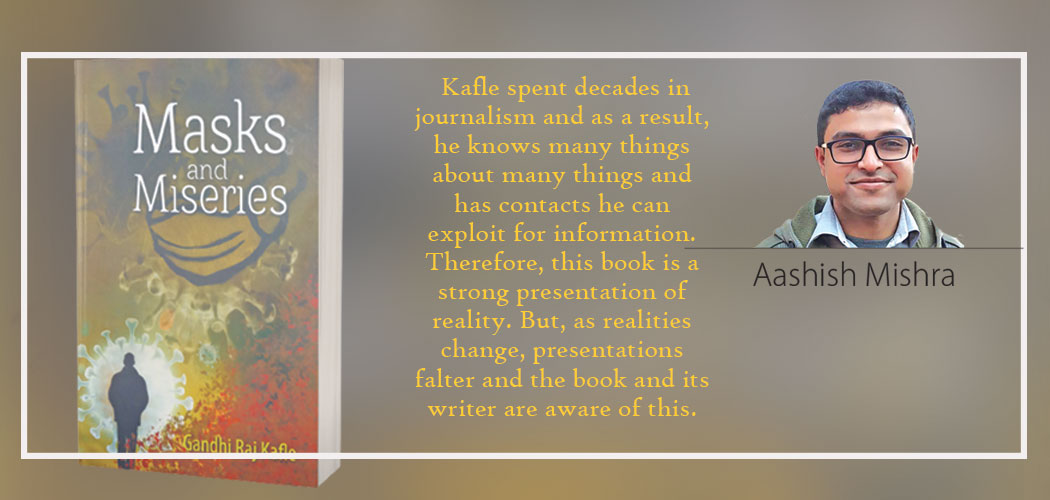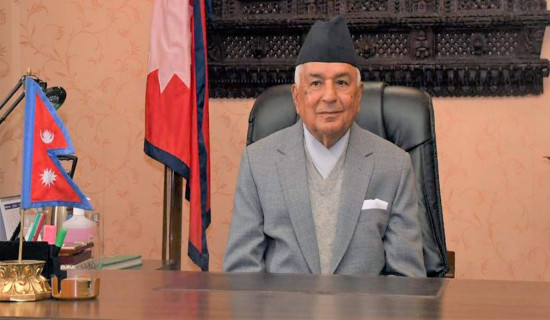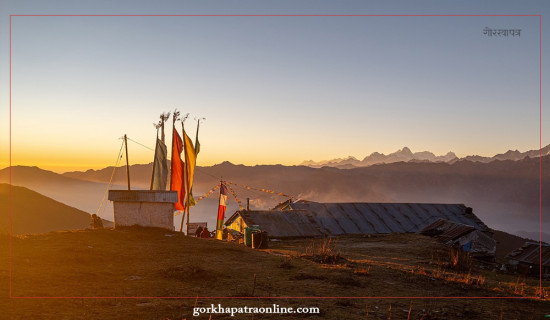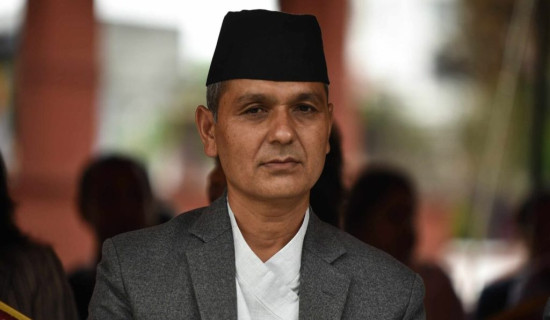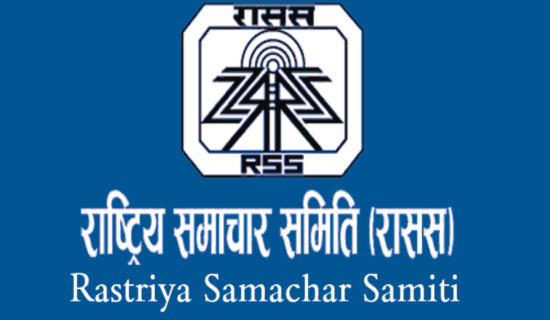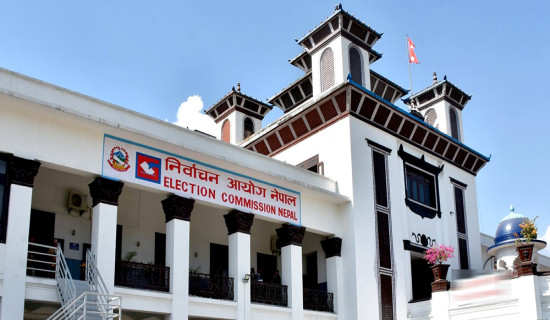- Thursday, 19 February 2026
Unique In Its modesty
Aashish Mishra
The readers of this daily might be familiar with the name and pen of Gandhi Raj Kafle. As a former member of the paper’s editorial team, he wrote and edited many news pieces that reached and made a considerable impact on readers.
In recent years, following his retirement from active journalism, he has been reading and reviewing books for The Rising Nepal’s weekly Friday supplement.
But, in addition to being an avid reader of literature, Kafle is also a skilled writer. He pours his heart out from the tip of his pen and does not hesitate to let his audience see his vulnerable side.
Kafle feels a certain way about the things happening around him and these feelings express themselves in the form of words on pages.
Perhaps that is why some of Kafle’s best works are those that have come around monumental and some would say tumultuous times in Nepali history. His ‘Muktibegaka Nayak,’ a collection of Nepali poems, was published in the backdrop of a newly democratic Nepal in 1990.
His ‘Astha Ra Abhimat’ featuring Nepali essays came out the same year the country elected its first Constituent Assembly in 2008.
The collection of essays ‘Shabdako Aainama Mahabhukamba’ encapsulated the death and destruction caused by the Barpak earthquake of 2015 and the book ‘Masks and Miseries’ published in 2021 centres around, as the name suggests, misery brought on by the COVID-19 pandemic. Kafle’s oeuvre is a checklist of the important milestones the country’s politics and society have been through.
The book ‘Masks and Miseries’ is a collection of English essays and one poem. It is not an easy read because the subject it focuses on – the coronavirus pandemic – is not an easy time to be living through. The world encountered an outbreak it had not for a century and our country was absolutely not prepared for it.
This book is not unique. There have been many such pieces published about the coronavirus outbreak. The issues it focuses on have been talked about in greater length and detail by other writers.
In fact, one could make a case that the people have been given too much COVID-related content in the past two years. In author Kafle’s own words, this small piece of writing is no greater than a drop of water in the vast ocean of description of the troubles confronted by human society during this dreadful time of the pandemic.
No, this book is not unique but, it is special. It is special in its modesty. It does not make itself out to be a tome of human experience and it does not push an opinion about everything under the sun.
It is simply the writer’s perspective on things that is open to change. But this perspective is not a blind statement of subjective emotions. It is based on facts and knowledge that the author has acquired.
Kafle spent decades in journalism and as a result, he knows many things about many things and has contacts he can exploit for information. Therefore, this book is a strong presentation of reality.
But, as realities change, presentations falter and the book and its writer are aware of this. He has stated so right at the beginning in the ‘Acknowledgements’ section that he wants comments and feedback.
Similarly, Kafle also has an ability to comprehend the vast reality and distil its finer details to present to the reader. This is no doubt a result of his journalism years.
This is reflected in this book which “covers” a wide range of issues from medical care to foreign employment and yet, does so in a succinct manner without using too many words.
Kafle is aware that one man cannot understand and describe everything and the readers have their own experiences that need to be given space.

